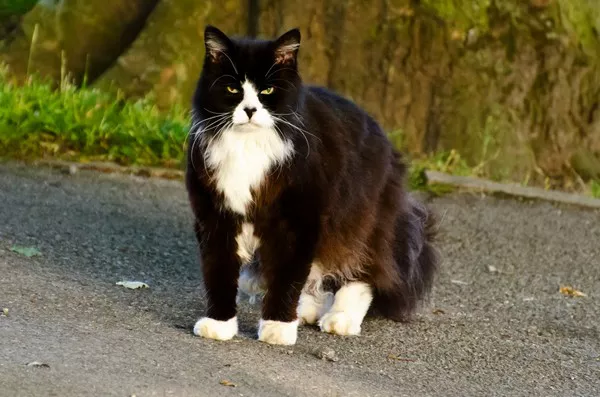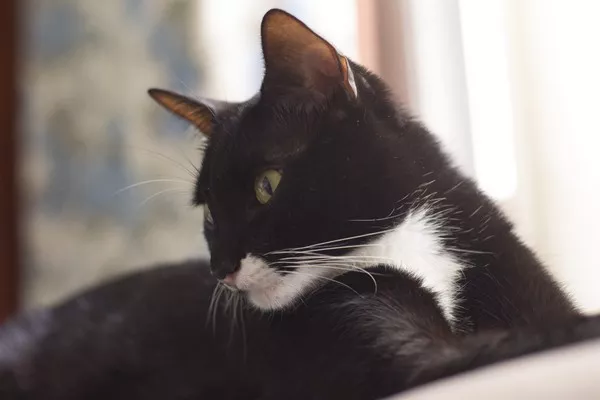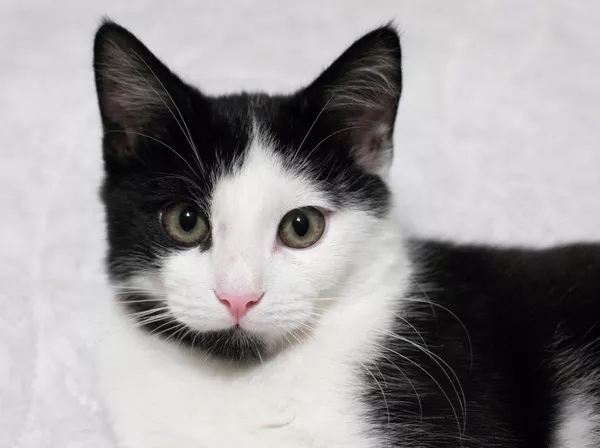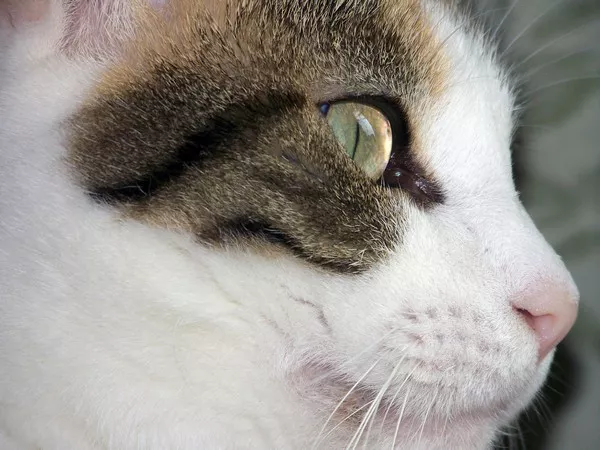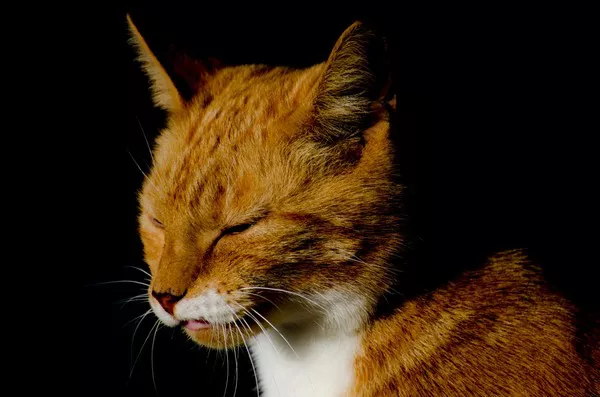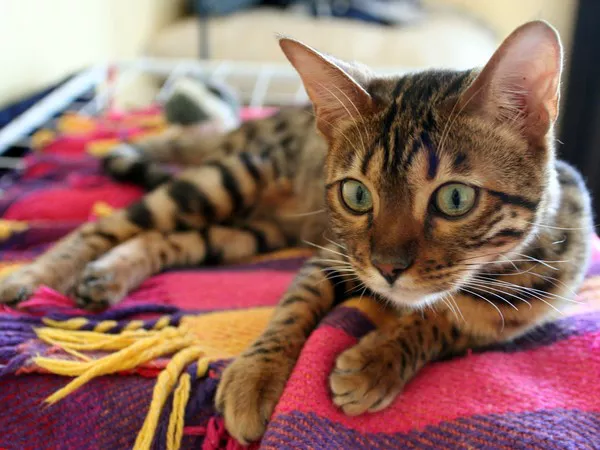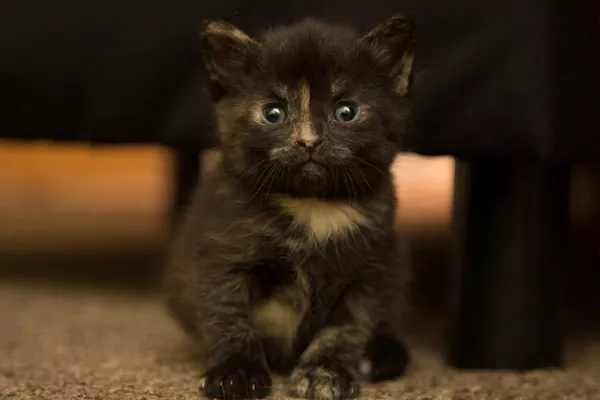When it comes to our feline companions, many cat owners often find themselves contemplating the emotional impact of cat boarding. The question arises: Will cats miss their owners when they are boarded? The answer is multifaceted and requires an understanding of cat behavior, attachment, and how we can support our pets during this potentially stressful experience.
Will Cats Miss Owners When Boarding?
Cats are often stereotyped as independent animals, but research and anecdotal evidence show that they can form strong bonds with their owners. Unlike dogs, who typically exhibit attachment through overtly affectionate behaviors, cats may express their attachment in subtler ways. These can include following their owners around the house, seeking out their presence during quiet moments, or curling up close for comfort.
When cats are boarded, the sudden absence of their owners can disrupt their sense of security. Just like humans, cats thrive on familiarity and routine. The bond they share with their owners can be significant; thus, it is reasonable to assume that many cats may experience feelings of distress or confusion when separated. Signs that a cat might miss their owner can include vocalizations, changes in behavior, or even physiological responses like changes in eating or grooming habits.
Individual Differences
While some cats may seem to miss their owners intensely, others might handle the separation better. Individual personality traits play a crucial role in how cats react to being boarded. For instance, some cats are naturally more social and adaptable, while others are more reserved or anxious.
A cat’s previous experiences with boarding can also influence its reaction. A cat that has had positive experiences in the past may adapt more easily to new boarding situations. Conversely, a cat that has had negative experiences or has a more anxious temperament may exhibit signs of stress or distress when separated from their owner.
Signs a Cat Might Miss Their Owner
Understanding the signs that a cat may be missing its owner is essential for any cat parent. While each cat is unique, there are common behavioral changes that can signal distress or a longing for their owner during cat boarding.
Behavioral Changes
When cats miss their owners, they may exhibit several behavioral changes, including:
Reduced Appetite: A cat that typically enjoys its meals may eat less when boarded, signaling stress or sadness.
Hiding: Cats may retreat to corners or spaces in their boarding area, seeking solitude and comfort in unfamiliar surroundings.
Increased Vocalization: Some cats may become more vocal, meowing or crying frequently, signaling their discomfort or longing for their owner.
Clinginess Upon Return: After being reunited with their owner, a cat may display clingy behavior, wanting to stay close and often following their owner around the house.
Stress Indicators
In addition to the more obvious signs of missing an owner, cats may show indicators of stress that can be concerning for their health and well-being. These include:
Excessive Grooming: Cats may groom themselves excessively when anxious, which can lead to skin irritations or bald patches.
Lethargy: A noticeable drop in energy or activity levels can be a sign that a cat is not coping well with the boarding experience.
Changes in Litter Box Habits: Stress can manifest in changes in bathroom habits, such as increased urination, constipation, or refusal to use the litter box.
Recognizing these signs is vital, as they can help owners understand how their cats are coping during their time away.
Minimizing Stress During Boarding
While boarding can be stressful for cats, there are several strategies that owners can employ to help minimize anxiety and ensure their feline friends are as comfortable as possible.
Familiar Items
One of the best ways to provide comfort to a cat in a boarding situation is to bring familiar items from home. These can include:
Favorite Blanket: A blanket or piece of clothing that carries the owner’s scent can help provide a sense of security.
Favorite Toy: A beloved toy can distract and comfort a cat, serving as a familiar source of play and engagement.
These items can help create a more homelike environment and ease the transition into boarding.
Gradual Acclimation
Gradually acclimating a cat to the boarding facility can significantly reduce stress. Owners can consider the following steps:
Short Visits: Before a longer trip, owners might schedule short stays at the facility to allow their cats to become familiar with the environment and staff.
Positive Reinforcement: Rewarding the cat with treats or affection during these acclimation visits can create positive associations with the boarding experience.
Routine Maintenance
Cats thrive on routine, so maintaining their daily schedules as much as possible during cat boarding is crucial. This can include:
Feeding Schedules: Communicating feeding preferences and maintaining a consistent feeding routine can help reduce anxiety.
Playtime: Owners should inform the boarding staff about the cat’s preferred playtime activities, which can help keep the cat engaged and stimulated.
By providing clear guidelines, owners can help ensure their cats feel cared for and secure while boarding.
Reunion and Reacclimation
Once the boarding period is over, owners often wonder how to best support their cats during the reunion and reacclimation phase.
Patience and Reassurance
When reuniting with their cats, owners should approach the situation with patience and understanding. Cats may need time to adjust back to their home environment. Here are some suggestions for a smooth reunion:
Gentle Reassurance: Offer soothing words and gentle petting to help comfort the cat upon return.
Avoid Overwhelm: Allow the cat to approach at its own pace rather than overwhelming it with immediate attention or affection.
Giving the cat space to acclimate back into its home environment is crucial for a successful reunion.
Reacclimation Period
After returning from cat boarding, some cats may require a reacclimation period. This can vary depending on the individual cat, and owners should be attentive to their cat’s needs. Signs of needing time to readjust might include:
Behavioral Changes: Owners should remain observant for any unusual behaviors that may arise as the cat settles back into its routine.
Gradual Routine Reestablishment: Maintain the cat’s regular feeding and play schedules, as this can help the cat feel secure and reinforce a sense of normalcy.
Conclusion
In conclusion, the question of whether cats miss their owners during boarding is complex, influenced by individual personalities, attachment styles, and past experiences. Understanding cat behavior and recognizing the signs that a cat may miss its owner can help owners provide the best care possible during these times of separation. By taking proactive steps, such as choosing the right boarding facility, maintaining routines, and providing familiar items, owners can minimize stress for their cats. Ultimately, every cat is unique, and by observing their behaviors and adjusting care as needed, owners can ensure that their feline companions remain happy and healthy, even when they must be apart.
Related Topics

